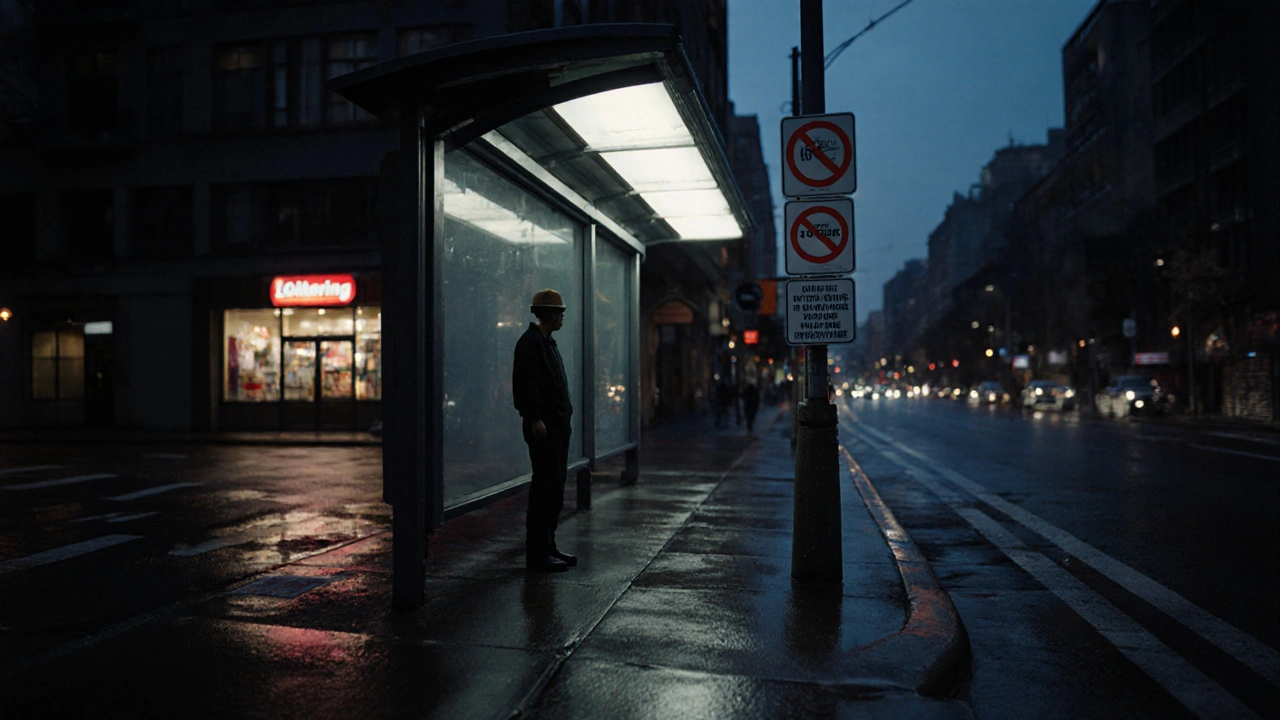Criminalization of Sex Work: Laws, Risks, and Real-Life Impact
When criminalization of sex work, the legal process of making consensual adult sex work a crime. Also known as prostitution laws, it doesn’t stop sex work—it pushes it underground, where workers face higher risks of violence, exploitation, and denial of basic rights. This isn’t just about morality—it’s about public safety, access to healthcare, and whether people can report crimes without fear of arrest.
Under sex work laws, the legal framework that defines what’s allowed or banned in adult exchange, even in places where selling sex isn’t illegal, related activities like advertising, working together, or hiring security are often criminalized. That means a sex worker trying to screen a client or share a safe space with a colleague could be arrested. digital privacy, the right to protect personal data from unwarranted police access is another major issue. Police can seize phones, extract messages, bank records, and location history—even without a warrant—and use them as evidence. This isn’t about catching traffickers; it’s about tracking consensual adults who are just trying to make a living.
And it’s not just about arrest. labor rights sex work, the legal recognition of sex work as legitimate work with protections like safe conditions and fair pay barely exists. Without legal status, workers can’t unionize, access workers’ compensation, or demand better conditions. They’re stuck choosing between safety and legality. That’s why many turn to documentation tools, multilingual safety cards, and secure payment apps—not because they want to hide, but because the system forces them to.
Healthcare is another battleground. Sex workers report being turned away from clinics, judged by nurses, or denied PrEP and STI testing because of their work. When you’re afraid to seek help, diseases spread faster—not just among workers, but in the wider community. And when police use health records or clinic visits as evidence in investigations, trust breaks down completely.
The criminalization of sex work doesn’t protect anyone. It makes life more dangerous, more isolating, and more unpredictable. It doesn’t reduce demand—it just makes the people serving that demand vulnerable. What you’ll find below are real stories and practical guides from people who live this every day: how to protect your phone, how to document abuse without getting caught, how to access healthcare without shame, and how legal systems still fail even when sex work is technically "legal." These aren’t abstract debates. These are survival strategies.

- Oct, 31 2025
- 0 Comments
Loitering and Prostitution-Free Zones: How Local Laws Target Sex Workers
Loitering and prostitution-free zones are used to push sex workers out of public spaces, increasing their risk of violence and arrest. These laws don’t improve safety-they make survival harder.
read more
- Oct, 20 2025
- 0 Comments
Sex Work and Human Trafficking Laws: What You Need to Know About the Legal Lines
Sex work and human trafficking are legally and morally distinct-but many laws confuse the two. This article explains the real differences, how criminalization harms workers, and what actual protection looks like.
read more